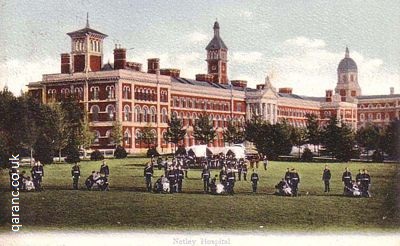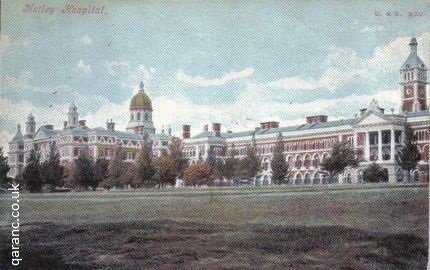My Herriot marathone
Oct. 13th, 2020 05:31 pmSome time ago ![[personal profile]](https://www.dreamwidth.org/img/silk/identity/user.png) gardnerhill wrote a ficlet and referenced James Herriot in it. When the new TV-series All Creatures Great and Small was released, it caught my eye. Previously I neither had read read the books nor watched the old BBC series. I loved the new series and thought that maybe I’ll try one of the books.
gardnerhill wrote a ficlet and referenced James Herriot in it. When the new TV-series All Creatures Great and Small was released, it caught my eye. Previously I neither had read read the books nor watched the old BBC series. I loved the new series and thought that maybe I’ll try one of the books.
By the time the TV series ended last week, I binge-read the entire saga. It’s everything we love about Holmes retirement fics: gentle humour, slice of pastoral life, a happy escape from everyday worries. The books aged beautifully: period-typical attitudes are minimal which proves how sensitive and considerate was the man who wrote them. I had a feeling, though, that James Herriot-the protagonist is a bit of a goody-two-shoes occasionally because his reaction to being grossly put upon is often meek, almost angelic. His ever-present self-reflection and self-criticism become more and more apparent throughout the instalments. He clearly has anxiety issues. It somewhat spoiled the escape for me but I still enjoyed the latter books.
I wondered about the reasons for Alf Wight’s mental health issues. He had a happy and fulfilling life, especially in comparison with his contemporaries. He was spared the horrors of the war. His childhood, according to his son’s book, had been cloudless. Then again, his natural sensitivity by health problems he had had since boyhood. In adulthood he contracted brucellosis which can have disastrous effects on mental health. Fortunately, Alf recovered and went on to become a world-famous author. This marathon turned out to be not only a journey to Yorkshire of 1940s but also a study in personality.
By the time the TV series ended last week, I binge-read the entire saga. It’s everything we love about Holmes retirement fics: gentle humour, slice of pastoral life, a happy escape from everyday worries. The books aged beautifully: period-typical attitudes are minimal which proves how sensitive and considerate was the man who wrote them. I had a feeling, though, that James Herriot-the protagonist is a bit of a goody-two-shoes occasionally because his reaction to being grossly put upon is often meek, almost angelic. His ever-present self-reflection and self-criticism become more and more apparent throughout the instalments. He clearly has anxiety issues. It somewhat spoiled the escape for me but I still enjoyed the latter books.
I wondered about the reasons for Alf Wight’s mental health issues. He had a happy and fulfilling life, especially in comparison with his contemporaries. He was spared the horrors of the war. His childhood, according to his son’s book, had been cloudless. Then again, his natural sensitivity by health problems he had had since boyhood. In adulthood he contracted brucellosis which can have disastrous effects on mental health. Fortunately, Alf recovered and went on to become a world-famous author. This marathon turned out to be not only a journey to Yorkshire of 1940s but also a study in personality.







